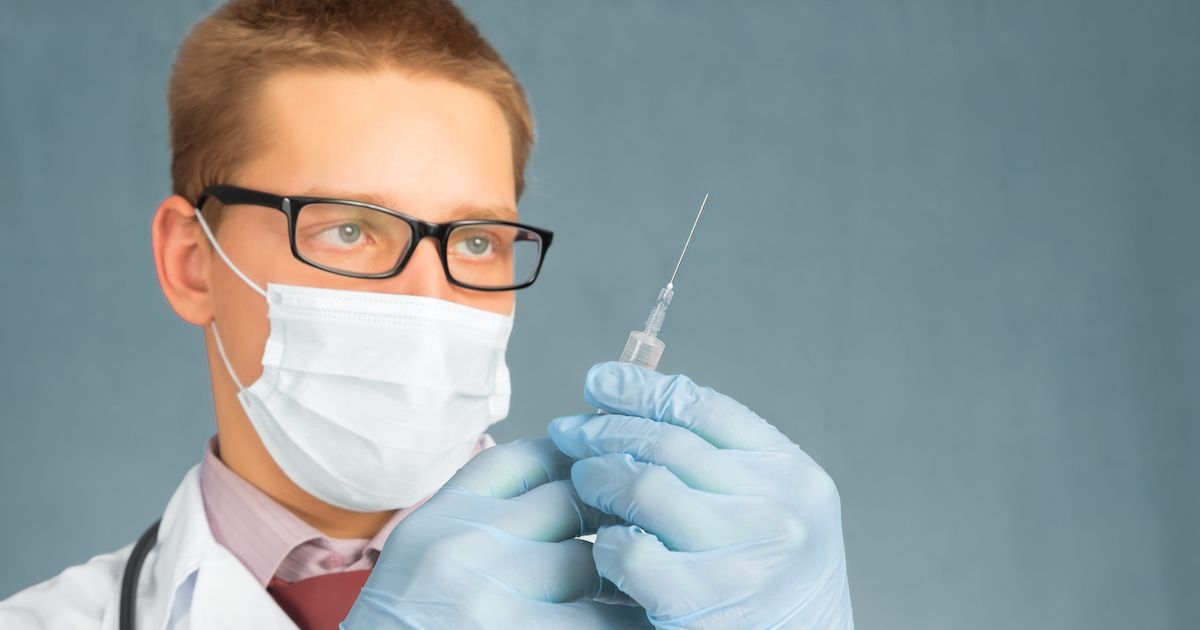- Bone Health
- Immunology
- Hematology
- Respiratory
- Dermatology
- Diabetes
- Gastroenterology
- Neurology
- Oncology
- Ophthalmology
- Rare Disease
- Rheumatology
Commercial Biosimilar Coverage Is on the Rise, but Preferences Still Vary
A poster from AMCP Nexus quantifies trends in biosimilar coverage within Tufts Medical Center, finding that payer coverage of these products has increased but individual preferences among payers still vary.
Despite a growing number of biosimilars on the market, uptake has been slow, largely because reference agents tend to be placed on higher payer formulary tiers than biosimilar versions.

Research presented at the Academy of Managed Care Pharmacy’s annual Nexus meeting demonstrated that although coverage of biosimilars has been on the rise since 2017, payer product preferences and number of covered claims for biosimilars still vary.
The study, conducted by the Center for the Evaluation of Value and Risk in Heath at Tufts Medical Center, sought to address concerns that despite a growing number of biosimilars on the market, uptake has been slow, largely because reference agents tend to be placed on higher payer formulary tiers than biosimilar versions. The researchers also evaluated how trends in coverage is reflected in market share and net pricing trends.
Data from 2017 to 2022 were pulled from the Tufts Medical Center specialty drug evidence and coverage database, which includes information on specialty drug coverage decisions issued by 17 large US commercial payers. Real-world data were collected from IQVIA’s longitudinal access and adjudicated dataset and PharMetrics Plus database, which included deidentified claims-level market share data for all originator product families. CMS’ average sales price (ASP) quarterly payment was used to identify market-based pricing that reflects average manufacturers’ ASP after rebates and discounts. A pricing databased was used to obtain wholesale acquisition cost (WAC) data.
Seven originator products marketed as of August 2022 across indications with at least 1 biosimilar with FDA approval were assessed. The results showed the payer policies with originators as the sole preferred product decreased from 56% in 2017 to 8% in 2022.
Additionally, policies where more than 1 product was preferred rose from 30% in 2017 to 75% in 2022, with 92% of policies including at least 1 biosimilar as a first-line option.
In 2022, 1 payer did not cover any originator product facing biosimilar competition as a first-line therapy, and 16 payers varied (3% to 89%) in the frequency of coverage of originator products among preferred treatments.
“Payer policies are facilitating a competitive market, reflected by a growing number of biosimilars and a gradual rise in biosimilar market shares,” the researchers wrote.
Market Share Analysis
By the end of the third year post-launch of the first biosimilar, the market shares for biosimilars surpassed that of originators. However, the average individual biosimilar market share has not exceeded 20% at the 4 year mark after the first biosimilar launch.
WACs of the originator and biosimilar markets dropped to 91% of the competition value prior to biosimilar market entrance. Also, ASPs for originators and biosimilars dropped to 63% over an average of 4 years after initial biosimilar launch.
“The low individual biosimilar market shares is in part due to multiple biosimilar entry, providing evidence of the greater market competition brought on by biosimilars. Despite concerns of slow biosimilar uptake, the market appears to be functioning competitively as is evident by the decline in ASP of the market, which should result in cost savings in the long run,” the researchers explained.
Reference
Beinfeld MT, LaMountain F, Wong WB, Kim E, Chamgers JD. Trends in US commercial health plan coverage of biosimilars. Presented at: AMCP Nexus; October 16-19, 2023; Orlando, Florida. Poster: U17.
Newsletter
Where clinical, regulatory, and economic perspectives converge—sign up for Center for Biosimilars® emails to get expert insights on emerging treatment paradigms, biosimilar policy, and real-world outcomes that shape patient care.
